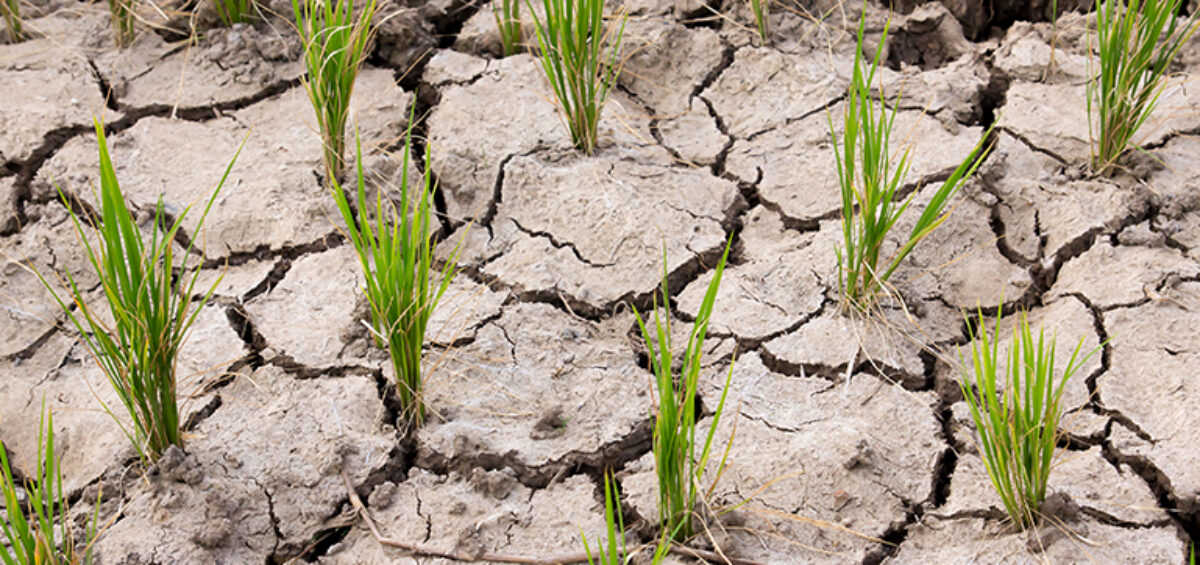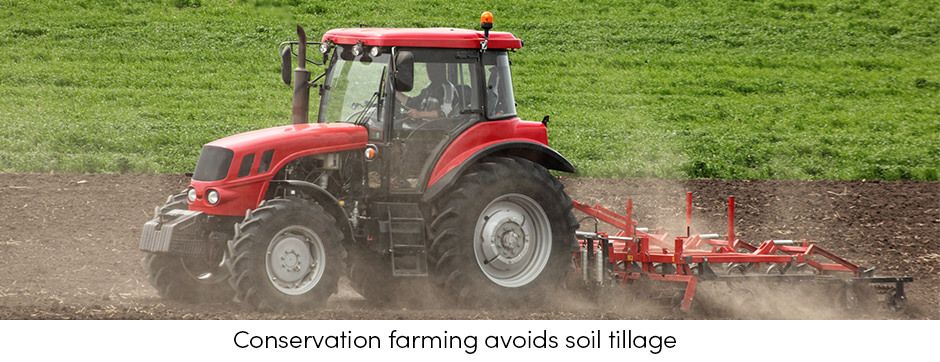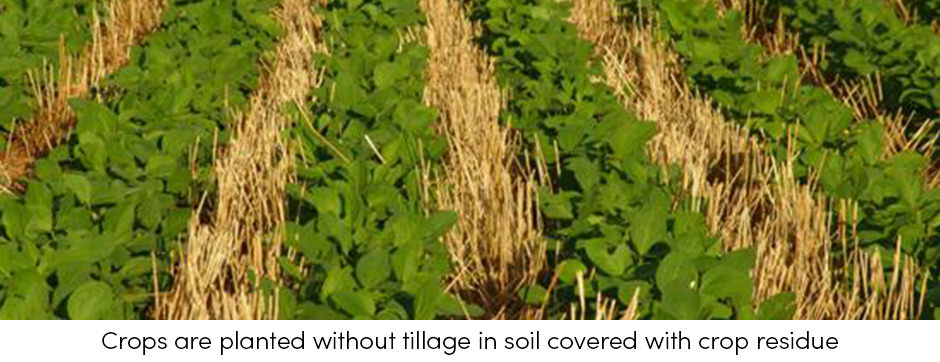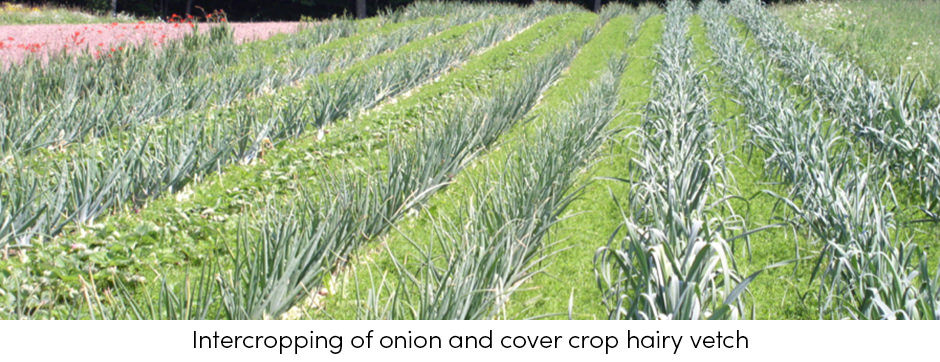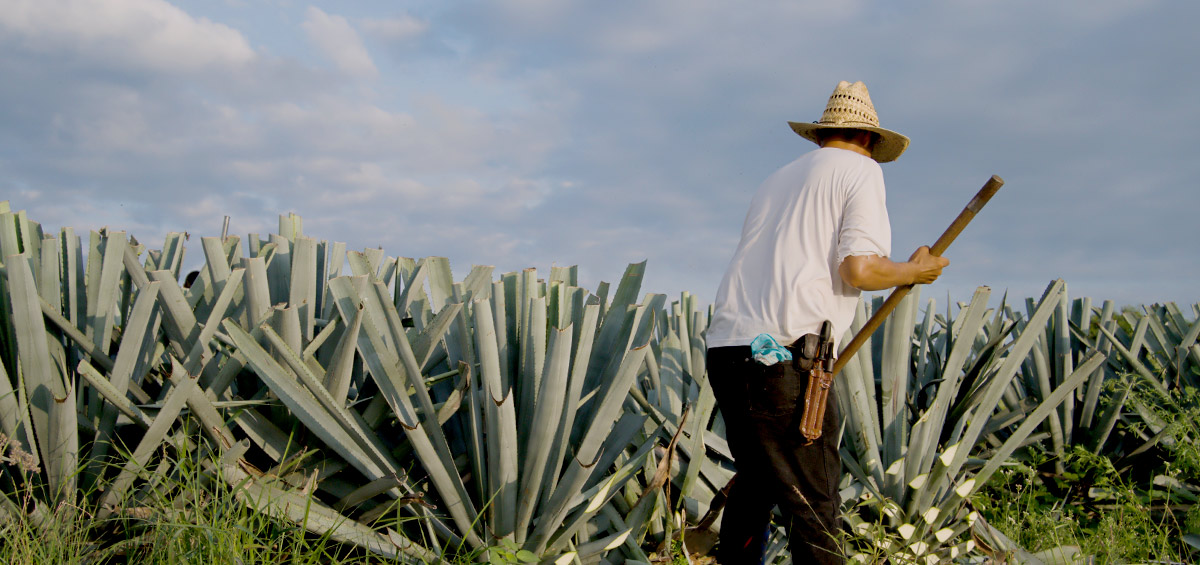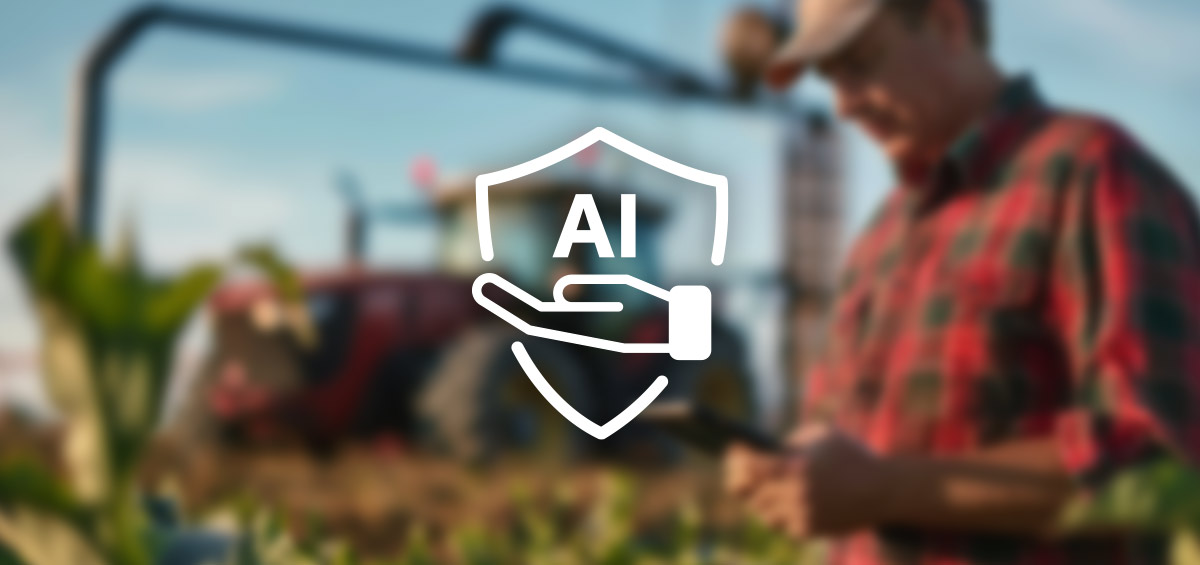Our climate is changing. This argument is supported by way of frequent and severe droughts, storms, high temperatures, glacier melting, and overall creation of conditions unfavorable for living and farming.
The main factor contributing to climate change is human activity in farming and other industries. Aerosols and greenhouse gasses made by burning of fossil fuel destroys the Earth’s atmosphere, changing its properties and impacting all living things on the planet.

Farming is a significant contributor to climate change, but it’s also affected by its negative effects. Animal and crop production releases high amounts of methane and nitrous oxide, two main greenhouse gasses. In aiming to reduce greenhouse gasses, farmers have to adopt farm practices that won’t harm nature or negatively affect climate.
What Is Conservation Farming?
Conservation farming is an approach in which soil management practices are reduced to a minimum, thus preserving the soil properties and nature biodiversity. It includes a set of practices which conserve the soil, water, and soil moisture, enhance fertilizer and seed use, and finally, saves time and money.
Conservation farming has three main principles which help in biodiversity and environment protection. These principles are:
- Minimum soil disturbance
- Crop residue management; leaving of previous crop residue in the field or planting a cover crop
- Crop rotation practices
The emphasis of conservation farming is on conservation tillage practices, during which the soil is tilled just enough to be possible to sow seeds. Another practice is to leave at least 30% of soil surface covered by crop residue. This increases the water infiltration rate and reduces soil erosion and runoff.
Besides conservation tillage and cover crops, conservation farming combines various farm practices in crop production, such as direct planting, green manure, agroforestry, and integrated and organic pest protection. Literally speaking, it combines the best of all farm practices into one practice which conserves both the nature resources and the soil.
How Can Conservation Practices Benefit Crop Production?
Since conventional farm practices negatively impact the environment by contributing to climate change, farmers must adopt farm practices that will minimize pollution, protect the crop yield, improve crop resistance, and reduce total production cost.
Conservation farming seems to be the perfect solution for this global problem and benefits both the farmer and the environment. Farmers have increasingly started to these practices in their crop production in order to increase the productivity of:
- Soil; minimized soil tillage improves soil structure and protects the soil from erosion, while cover crops enhance soil organic matter
- Water; enhanced soil infiltration requires less water use
- Nutrients; crop rotation and decomposition of cover crops provides the soil organisms and plants with nutrients
- Weed management; weed population declines over time due to reduced tillage
- Environment; no-till provides for reduced fossil fuel use, while organic crop protection saves the environment and biodiversity
- Labor; less labor required for soil preparation
- Farm finance; reduced fertilizer, seed, and labor cost
How to Manage Conservation Practices?
Conservation farming avoids heavy soil tillage, burning of crop residue, monoculture, and the use of chemical pesticides and fertilizers. Unlike conventional practices, this farming approach benefits the soil and nature by managing healthy farm practices in ways such as:
- Leaving the plant residue to cover the soil (minimum 30%)
- Needing minimal soil tillage and causing little soil disturbance
- Supporting regular crop rotation
- Supporting organic and integrated pest control practices
- Reducing use of fossil fuel
Conservation Farm Practices Provides Sustainable Farming
Conservation farming requires the use of modified farm equipment in order to sow crops in untillaged soil. Despite this fact, it is a great solution for smallholder farmers in developing countries with limited access to farm materials and equipment. By using only basic materials and equipment, like a hoe, along with skillful and proper management, smallholder farmers can achieve successful crop production.
Based on principles of soil and nature protection, conservation farming serves as the base for sustainable farming. It manages to increase both the crop yield and soil properties as well as improve nature biodiversity.
This new farming approach has a bright future. It has already become well adopted and accepted globally. But can conservation farming reduce climate change completely? We can only wonder.
Text sources: CU Conservation Agriculture Group || Conservation Farming Unit
Image sources: The Pennsylvania State University
